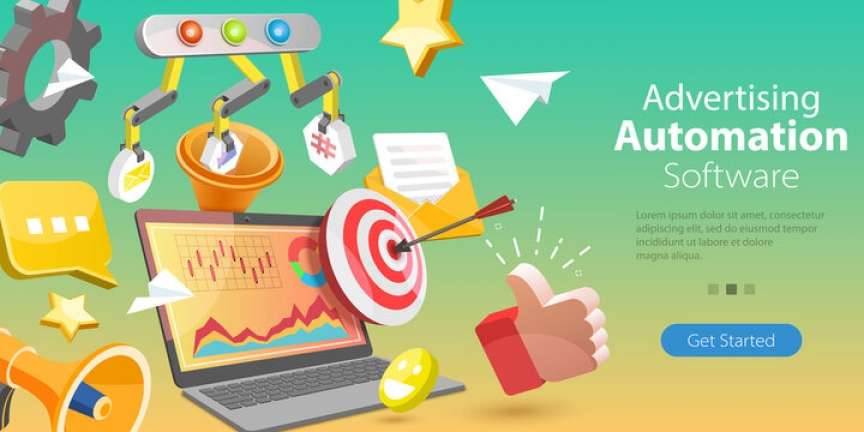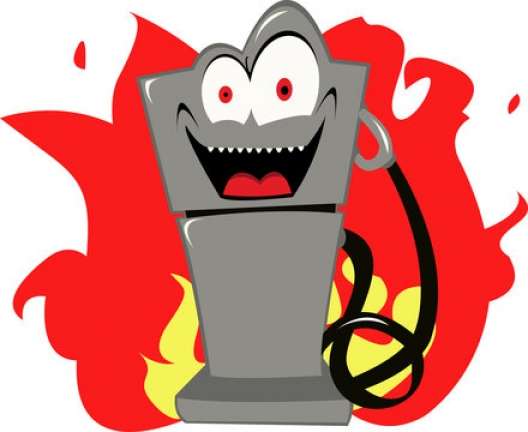It’s inevitable that over time your computer will start to run a little slower. This is due to the accumulation of files, programs, and viruses that take up space on your hard drive and impact performance. However, there are ways to keep your computer running smoothly without having to invest in a brand new one. In this blog post, we will discuss 4 tips on how to make your computer run more efficiently!
Check Your Hardware
One of the best ways to keep your computer running smoothly is to check your hardware. Make sure that all of your cables are connected securely and that there is no dust or dirt clogging up any fans or vents. You should also test your RAM and hard drive to make sure they are both functioning properly. If they aren’t, it could lead to some serious performance issues. If your drives aren’t functioning normally you should back up your data and then run a drive check to see if they need to be repaired or replaced.
Drives can also run slow because of fragmentation. This is when your drive has a lot of small files that are taking up space. You can fix this by running a disk defragmentation program that will reorganize your files and make them easier to access.
Knowing the difference between an SSD and HDD can make the biggest difference in computer speed. SSD stands for solid-state drive, and it’s basically a big flash drive that stores your computer’s data. It has no moving parts, so it can access data much faster than an HDD.
HDD stands for the hard disk drive, and it’s the traditional type of storage that most people are familiar with. It consists of spinning disks that store your data. HDDs are slower than SSDs, but they’re also cheaper.
If you’re looking to upgrade your computer’s storage, Solid State Drives are the way to go. But if you’re on a budget, Hard Disk Drives will do the job just fine.
RAM can also be a reason your computer is running slower than usual.
RAM stands for random access memory, and it’s where your computer stores data that it needs to access quickly. When you open a program, it loads into RAM so that your processor can access it more quickly.
If your computer doesn’t have enough RAM, it will start to slow down because it has to keep swapping data between the RAM and the hard drive. This takes a lot of time, and it can make your computer feel very slow.
The best way to speed up your computer is to add more RAM. But if you’re on a budget, you can try some of the other tips in this article first.
You should also keep an eye on your computer’s temperature.
Your computer’s temperature can have a big impact on its performance. If it gets too hot, it can cause your computer to slow down or even crash. You can check your computer’s temperature by using a program like SpeedFan or Core Temp.
If you find that your computer is consistently running hot, you can try to cool it down by using a cooling pad or by turning off some of the more power-hungry features. You can also clean out the dust and dirt buildup in your computer’s fans and vents.

Clean Your Computer Out Regularly
One of the best ways to keep your computer running smoothly is to regularly clean it out. This means getting rid of old files and programs that you no longer use, as well as any temporary files or junk that has accumulated over time. You can do this manually or with a program like CCleaner. Either way, it’s important to do it on a regular basis to keep your computer running its best.
In addition to cleaning out the digital junk, it’s also important to physically clean your computer. This means dusting off the inside of the case and using compressed air to remove any dust from the fans and other components. This will help keep everything running cooler and prevent dust from buildup that could eventually lead to problems.
Another way to keep your computer running smoothly is to make sure you’re keeping all of your software up to date. This includes the operating system, web browsers, plugins, and other programs. Many of these updates include bug fixes and security patches, so it’s important to install them as soon as they become available.

Check your Personal Computer for Viruses.
You should check your personal computer for viruses on a regular basis. This can help you avoid potential problems and keep your computer running smoothly. There are a few different ways to do this, but one of the most effective is to use an anti-virus program. Viruses can not only slow down your PC but also corrupt important files.
To get rid of Viruses you should:
-Install an anti-virus program and scan your computer regularly.
-Keep an eye on the websites you visit and the emails you open.
-Use the most recent version of your operating system and software.
If you think your personal computer may be infected with a virus, there are a few signs to look out for:
-Your computer is running slower than usual.
-Your computer crashes or restarts unexpectedly.
-You see strange pop-ups, messages, or icons on your screen.
-Your anti-virus software reports a virus infection.
If you notice any of these signs, take action and scan your computer for viruses as soon as possible. By taking these simple steps, you can help keep your computer running smoothly and avoid costly repairs.
Invest in Better Hardware
If you have tried all the tips above and your computer still runs slow it might be time to consider a hardware upgrade. By investing in better quality hardware, you can improve your computer’s performance and avoid future issues.
Here are a few things to consider when upgrading your Hardware:
-Processor: A faster processor can help improve your computer’s speed and performance.
-Memory (RAM): Adding more memory can help your computer run more programs at the same time and improve its overall speed.
-Hard drive: A larger hard drive can help you store more files and programs on your computer.
-Graphics card: If you use your computer for gaming or other graphically-intensive tasks, a better graphics card can improve your experience.
By following these tips, you can help keep your computer running smoothly and avoid costly repairs. If you are still having problems with your computer, it might be time to consider upgrading your hardware. By investing in better quality hardware, you can improve your computer’s performance and avoid future issues.















